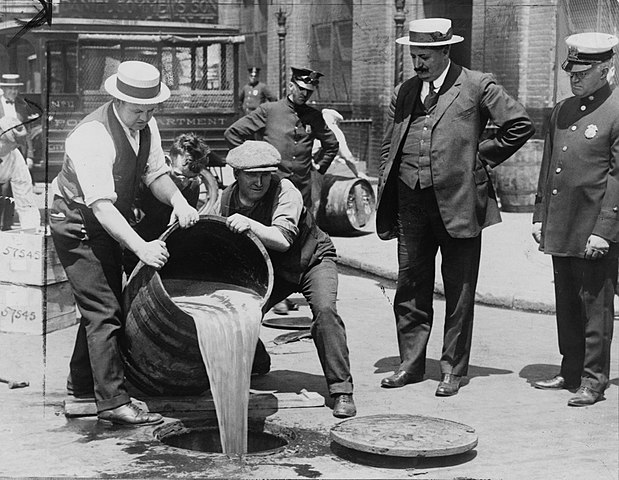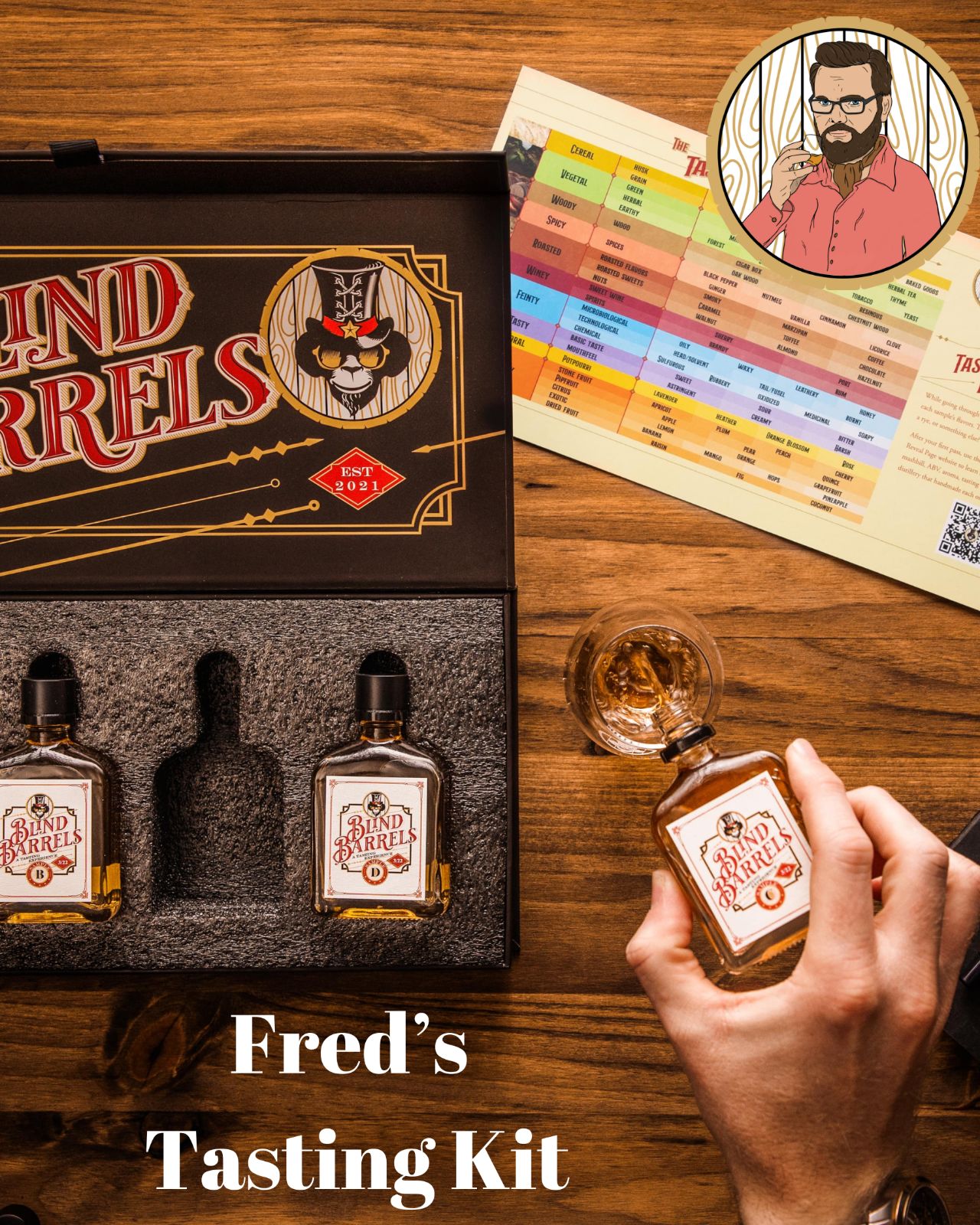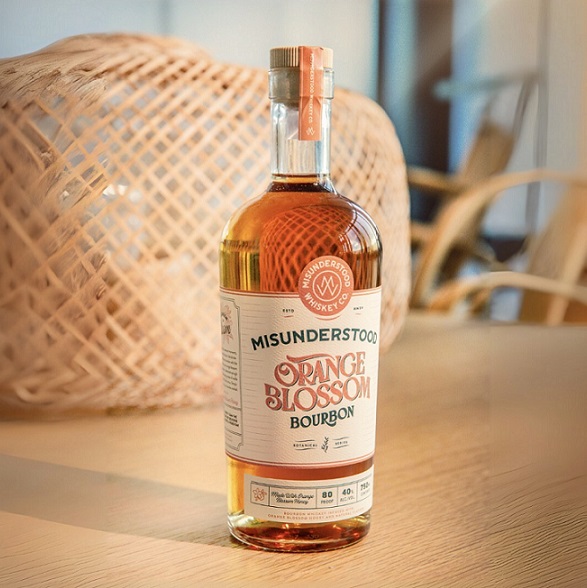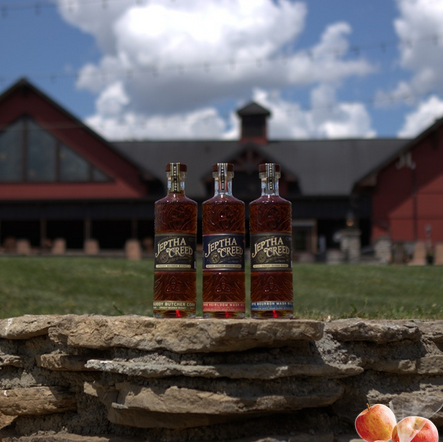Back on Top: The relaxation of licensing laws has led to massive expansion

When President Franklin D. Roosevelt repealed Prohibition in 1933, the states became de facto countries in respect to alcohol. Every state dictated its own booze laws, many of which are still on the books today, to create what we call the three tier system – whiskey must go through an importer, distributor and retailer before a consumer can buy it, (there are a few exceptions.) Licensing fees, dry counties and consumption laws hurt some states and empowered others.
For example, after Prohibition, New York, once a distillation strong state, faced steep licensing fees. That’s why distilleries didn’t start opening in New York until the 2000s.
Pennsylvania, Maryland and Kentucky – all states with strong distilling histories – developed business-friendly laws, but still allowed for temperance nuance. To this day, some Kentucky counties are dry. Nonetheless, they opened rye and Bourbon distilleries in these three states, and they largely thrived until the rise of white spirits in the 1960s.
As consumers left whiskey for gin, vodka, rum, tequila and cordials, the Pennsylvania and Maryland distilleries slowly died, while Kentucky survived. But only just.
In 1972, Stitzel-Weller was sold, Old Taylor closed, and parent companies switched priorities to more in-demand white spirits. Within 10 years, Bourbon received fewer marketing dollars and attention than cream liqueurs. Let that sink it – people were more interested in cow’s milk, sugar and grain neutral spirit bottled around 40 proof.
Fortunately, Elmer T Lee, Parker Beam, Booker Noe, Jimmy Russell and many other great American whiskey icons never gave up. And now vodka is playing catch up to whiskey.
Still, whiskey distilleries didn’t start truly taking off until 70 years after Prohibition. Today, we have more than 1,500 distilleries across the nation, and they’re changing regulations.
After curbing licensing fees and taxes, almost all state distillery interests are pursuing regulations that allow companies to sell their product directly to the consumer and to open their own restaurant.
At the federal level, the House and Senate continues to introduce the Craft Beverage and Tax Reform Act, a bill that would reduce federal excise taxes for smaller scale wineries, breweries and distilleries. The idea is small distilleries, aka craft distillers, are at a disadvantage to the conglomerates, and loosening the tax law gives them a more equal playing field.
Whether you agree with this assessment doesn’t take away from the fact that American distilling is back, and it’s largely because of the smaller companies pursuing the American dream. Some old hats are getting returned, too.
Once home to brands such as Monticello, Mount Vernon, Pikesville (now made by Heaven Hill in Kentucky), Ryebrook Maryland Straight Rye, BPR (Baltimore Pure Rye), Kasko rye, and many others, Maryland’s proud rye heritage is returning. Smaller distillers, such as Lyon Distilling, are breaking the craft distilling mold making both rum and whiskey, while the Under Armour founder, Kevin Plank, and his family have invested millions in the Sagamore Spirit Rye and began sourcing whiskey from Indiana.
Now that American whiskey is popular again, few people pay attention to the relentless work Ralph Erenzo put into stripping away New York’s cumbersome distilling laws or see how Heath Clark and the Tennessee Distillers Guild lobbied to end a few dry counties just to legally distill again.
All people see are new bottles sitting on shelves. And now lurking in the shadows of legislation halls are the new era of Prohibition-minded activists. They want to end alcohol advertising and demand stronger labeling. Some even circulate highly questionable studies. In America, many health activists want to dismantle alcohol in the same way they did Big Tobacco in the 1990s.
Thus, now that we can point to distilleries all over the country and officially say American whiskey has returned, the category faces similar opposition that destroyed it.
Some things never change.








